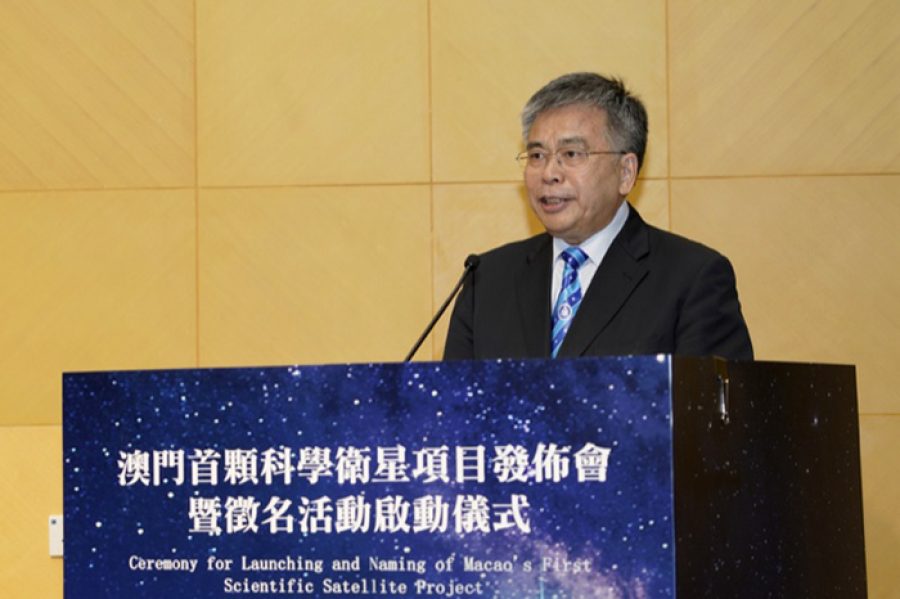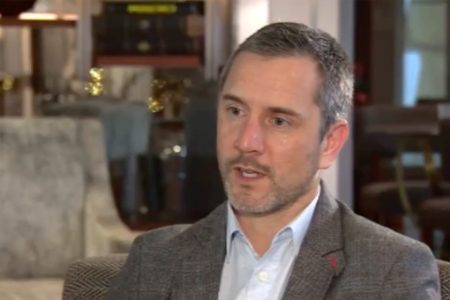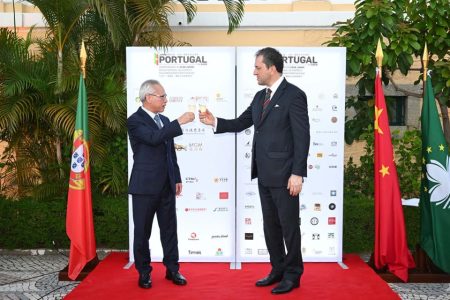The vice-director of the China National Space Administration (CNSA), Tian Yulong, said on Thursday that Macau’s first satellite, the launch of which is slated for 2020, was another “successful exemplification” of the strengths of the “One Country, Two Systems” principle in Macau, adding that the development of the scientific satellite would “fully exert” the advantages and characteristics of Macau’s science and technology community in basic research, scientific innovation, technology transfer, and systems and mechanisms, according to a statement by the private Macau University of Science and Technology (MUST).
Tian made the remarks in a speech at a ceremony on the MUST campus in Taipa about the future launch and naming of Macau’s first scientific satellite project.
The satellite project is jointly organised by the local government, the Liaison Office of the Central People’s Government in Macau and the CNSA in conjunction with the State Key Laboratory of Lunar and Planetary Sciences of MUST. It is supported by the Macau Foundation (FM) and China Space Foundation, the statement noted.
Tian pointed out that the significance of the project is even greater in the wake of the 70th anniversary of the founding of the People’s Republic of China (PRC) and before the 20th anniversary of Macau’s return to the motherland. The 70th anniversary of the PRC took place on October 1. The 20th anniversary of the establishment of the Macau Special Administrative Region (MSAR) will take place on December 20.
World’s ‘first & only scientific exploration satellite’
According to the statement, Macau’s first scientific satellite will become the world’s “first and only scientific exploration satellite” to be placed in a near-equatorial orbit to monitor the geomagnetic field and space environment of the near-equator South Atlantic Anomaly (SAA).
MUST President Liu Liang pointed out that over the past year, MUST has placed great emphasis on the development of the project, invested tremendous time and efforts to mobilise its scientists and administrative teams to move forward the initial work of the project, and brought together scientists and teams from home and abroad to overcome major scientific problems, the statement noted.
On behalf of the local government, Secretary for Social Affairs and Culture Alexis Tam Chon Weng expressed gratitude to the central government and the CNSA for their “full support” of Macau, and congratulated the State Key Laboratory of Lunar and Planetary Sciences of MUST on having secured Macau’s first scientific satellite project, the statement noted.
‘New opportunities’
According to the Macau Post Daily, Tam said that the project would create new opportunities for Macau’s science and technology endeavours, adding he believed that the project’s “yet-to-be-made research outcomes” will play a “facilitating role” and yield a positive social impact not only for Macau but also for the scientific and technological development of the whole nation and the rest of the world, the statement said.
According to the MUST statement, the satellite is slated to be launched next year, aiming to enable the general public to share the fruits of Macau’s scientific development and helping raise local people’s awareness of Macau’s scientific endeavours.
Naming contest
The project team has launched a naming contest for the project. Anyone interested can post their proposed name on www.msp2019.org until October 31. The website is in Chinese and English. The first prize is 5,000 patacas. Consolation prizes will also be awarded.
“As a token of celebration for the 20th anniversary of the founding of the MSAR, the project not only demonstrates Macau’s efforts in seeking diverse development, but also affords great opportunities for Macau to integrate into the future endeavours of the significant national space exploration strategies. To celebrate the success of the project, we hereby invite everyone in the community to participate in the event to contribute your creativity,” the website states.






